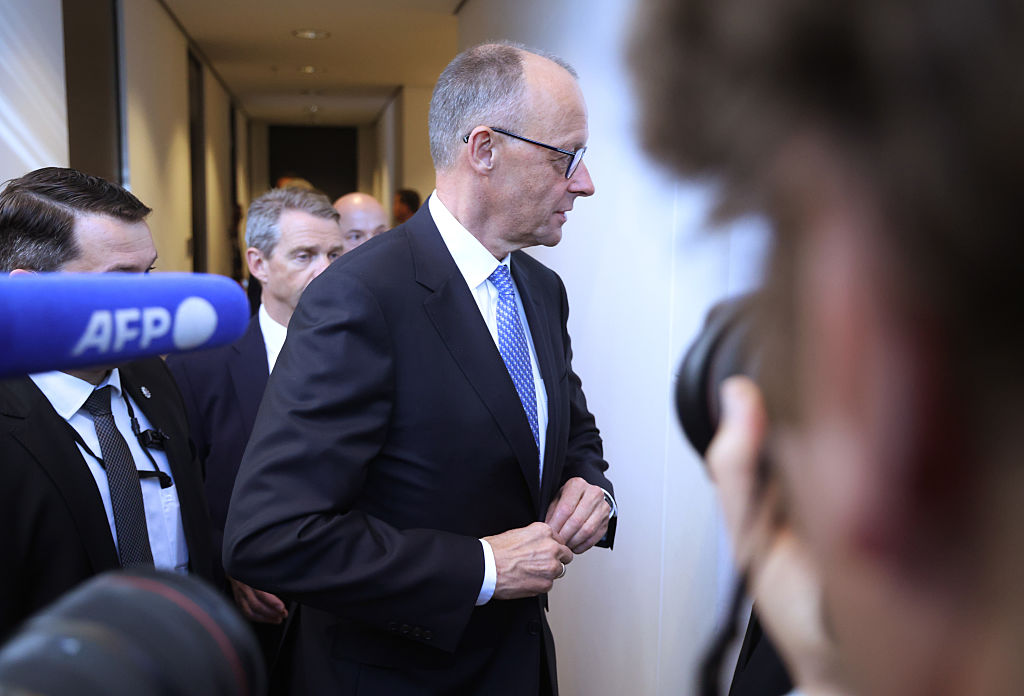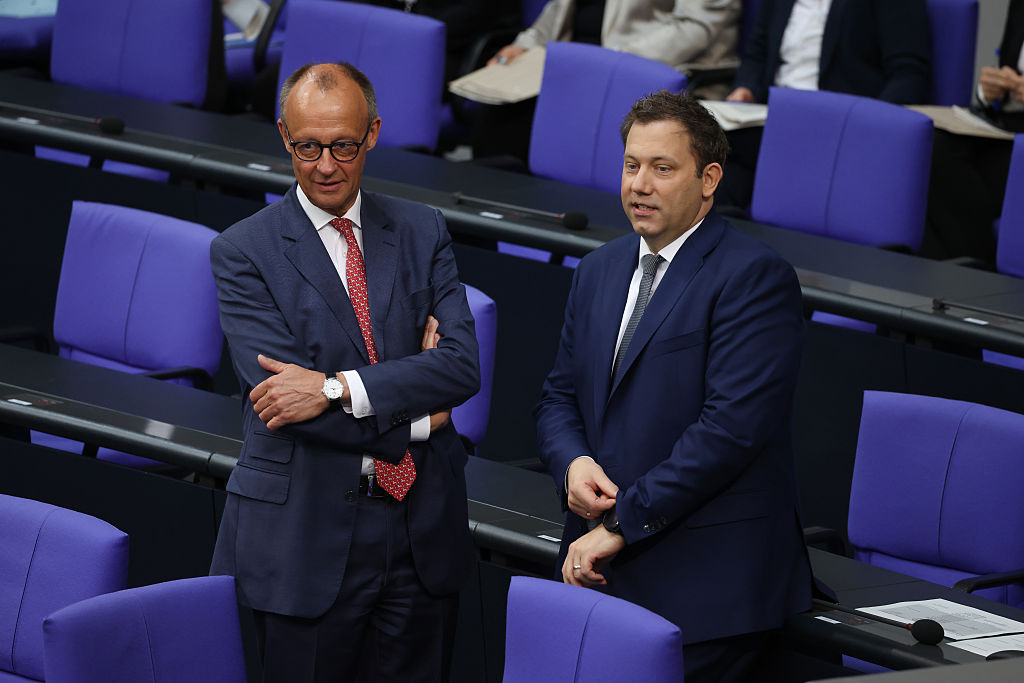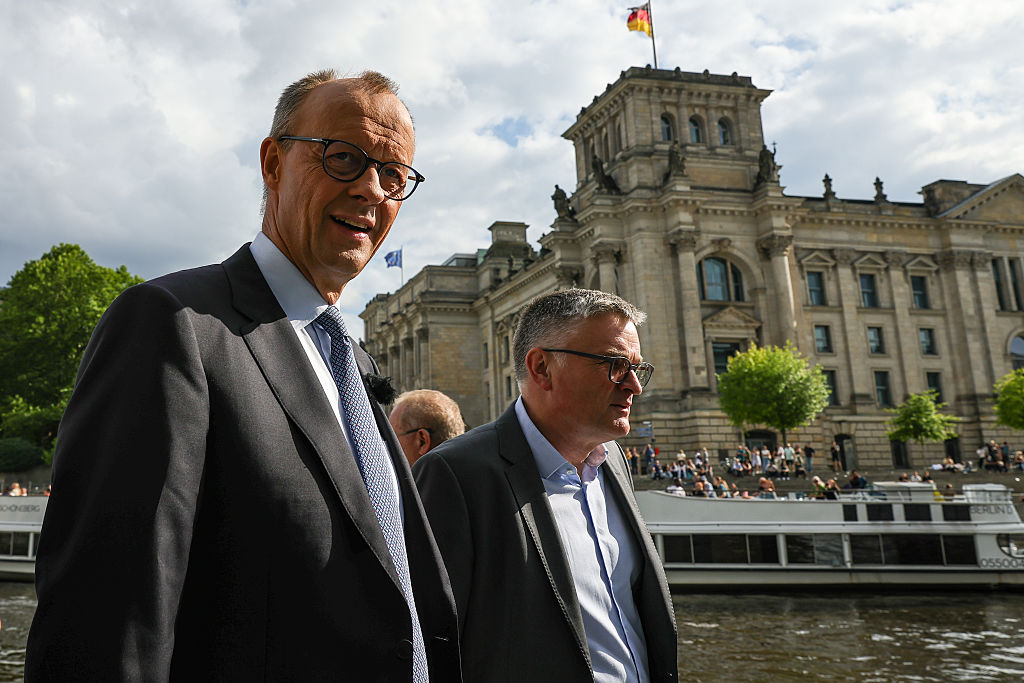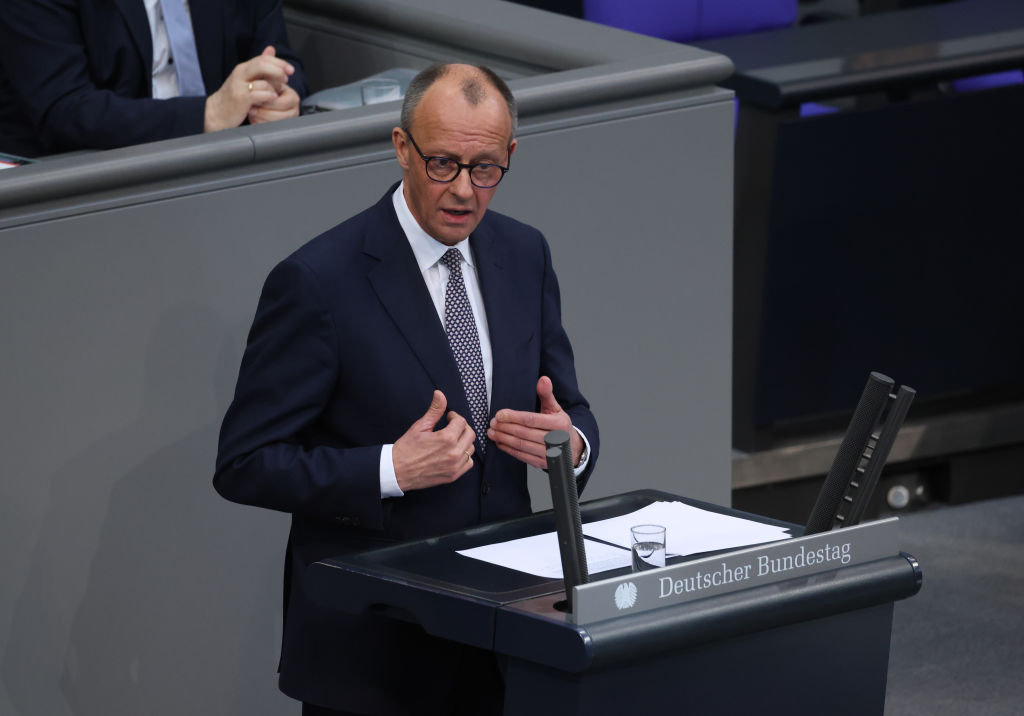The popularity of Germany’s Chancellor Friedrich Merz has dropped to a new low since he took office on May 6.
According to the latest survey on July 23 by pollster Forsa, only 32 per cent of the population were happy with the job the Conservative Christian Democratic Union (CDU) politician has done so far. Almost two-thirds of Germans were dissatisfied with Merz – a new high.
The honeymoon period after the inauguration of Merz and his coalition government with the Social Democratic Party of Germany (SPD) has apparently come to an end.
Until the end of June, Merz had enjoyed an approval rating of about 40 per cent – although still more people, namely circa 50 per cent of respondents, were unhappy with the job he was doing.
The Forsa poll came just a week after a survey by YouGov showed two-thirds of Germans were unhappy with the Merz government.
Forsa manager Manfred Güllner said Merz had failed to win back trust with the CDU’s former key voter groups. “The erosion of the party system caused by the ‘traffic light’ coalition is not being mitigated by the new black-red coalition, but rather further intensified,” he said.
Merz has lost trust with eastern Germans especially. Only 19 per cent of voters from the former Communist German States were still supporting him – as opposed to 34 per cent of western Germans.
While the poll did not ask for the reasons for Merz’ decline in popularity, several events have reportedly caused Conservative voters concern in the past weeks.
In June, Merz failed to secure a promised cut in electricity taxes for German households after his finance minister Lars Klingbeil told him there was no budget for it.
On July 11, the CDU and SPD abruptly cancelled a vote in parliament on the nomination of three new justices for the Constitutional Court. That was after Conservative MPs had rebelled against their party leadership’s consent to an SPD candidate deemed too left-wing extremist by many on the Right.
In mid-July, Merz had to greatly tone down his election promises to cut back Germany’s burgeoning social welfare system.
In the latest Forsa party poll, Merz’ CDU was now in a tie with the right-wing Alternative for Germany party with both polling at 25 per cent.
The SDP was declining further, down to 13 per cent, closely followed by hard-left The Greens and Die Linke parties, both on 12 per cent.





